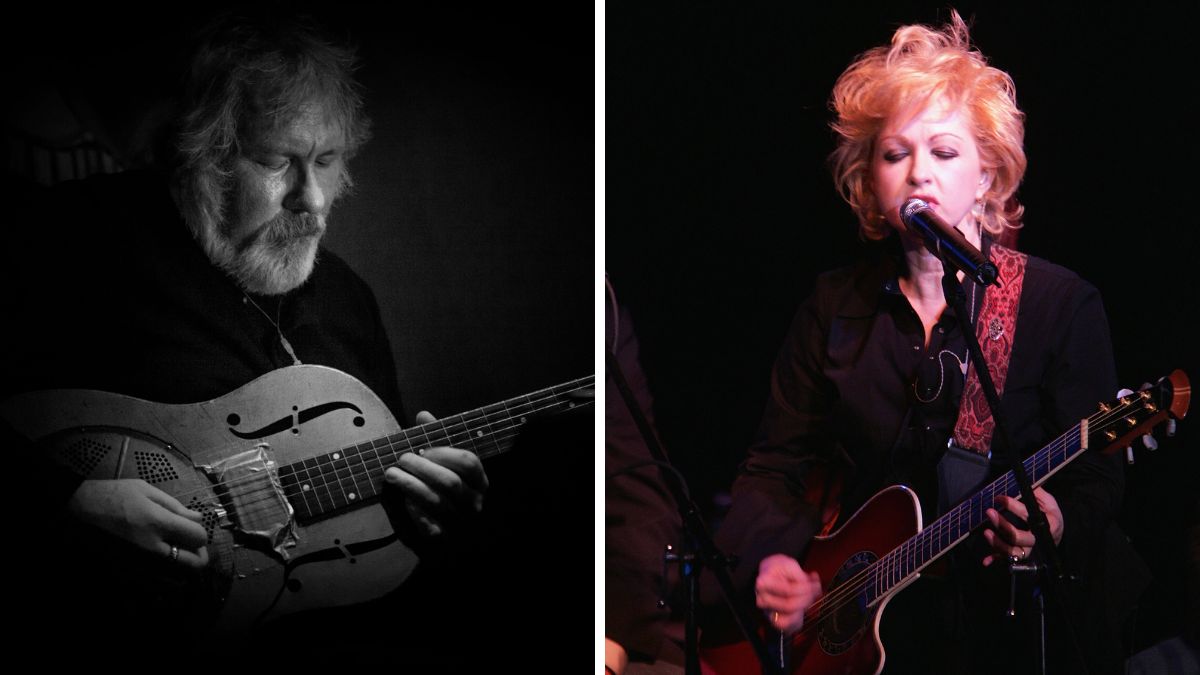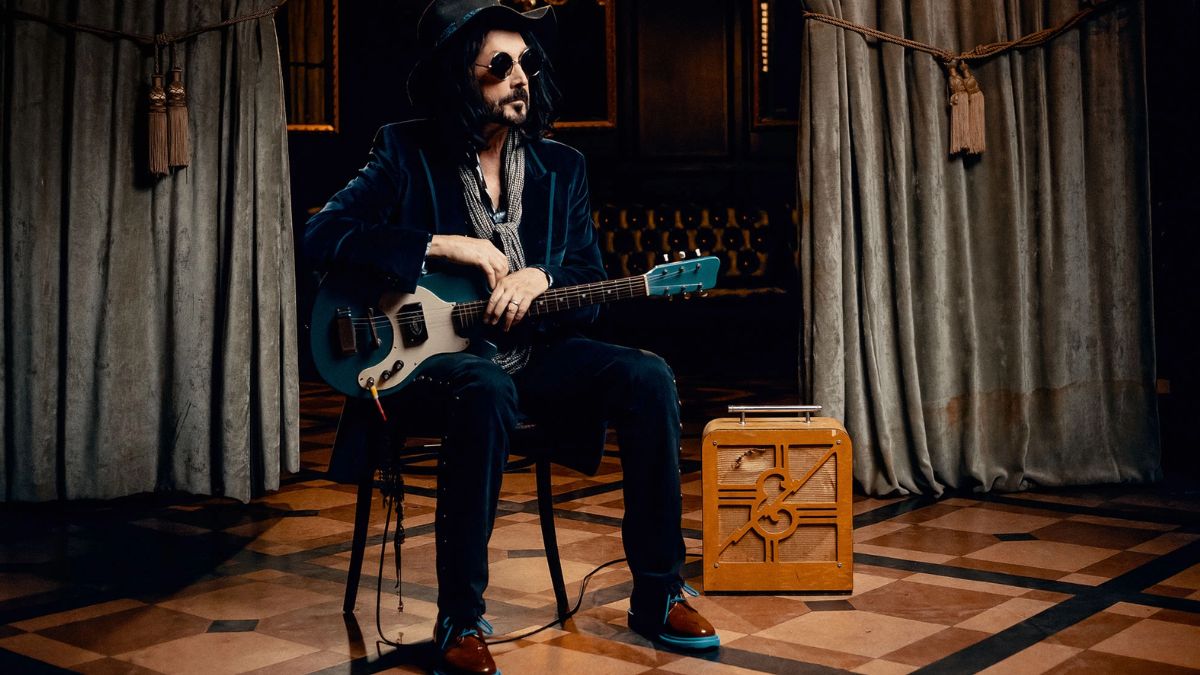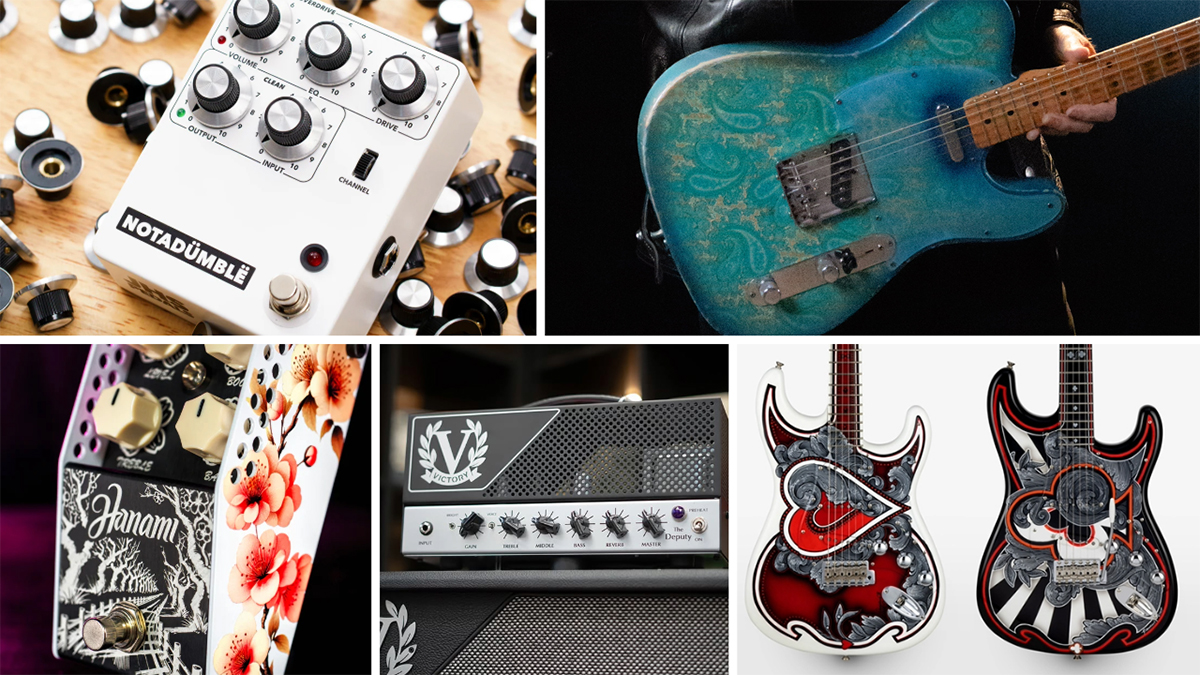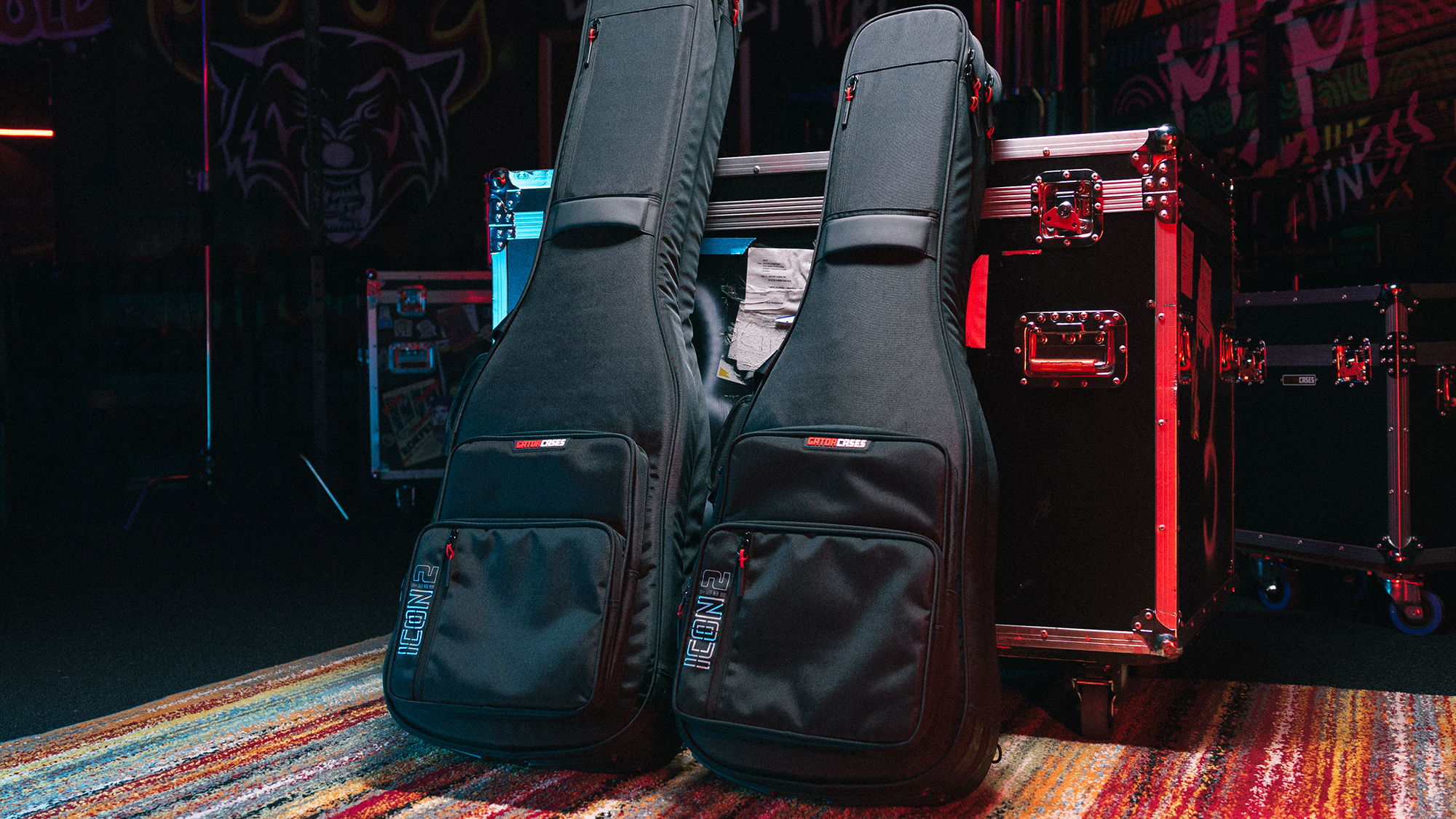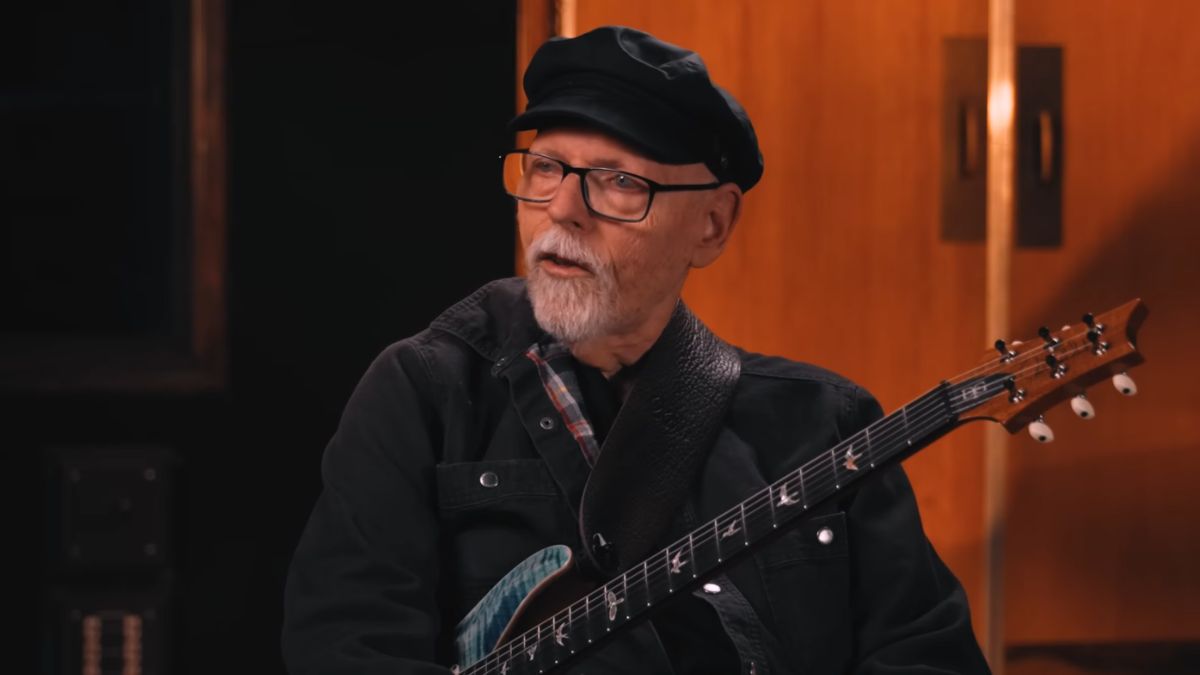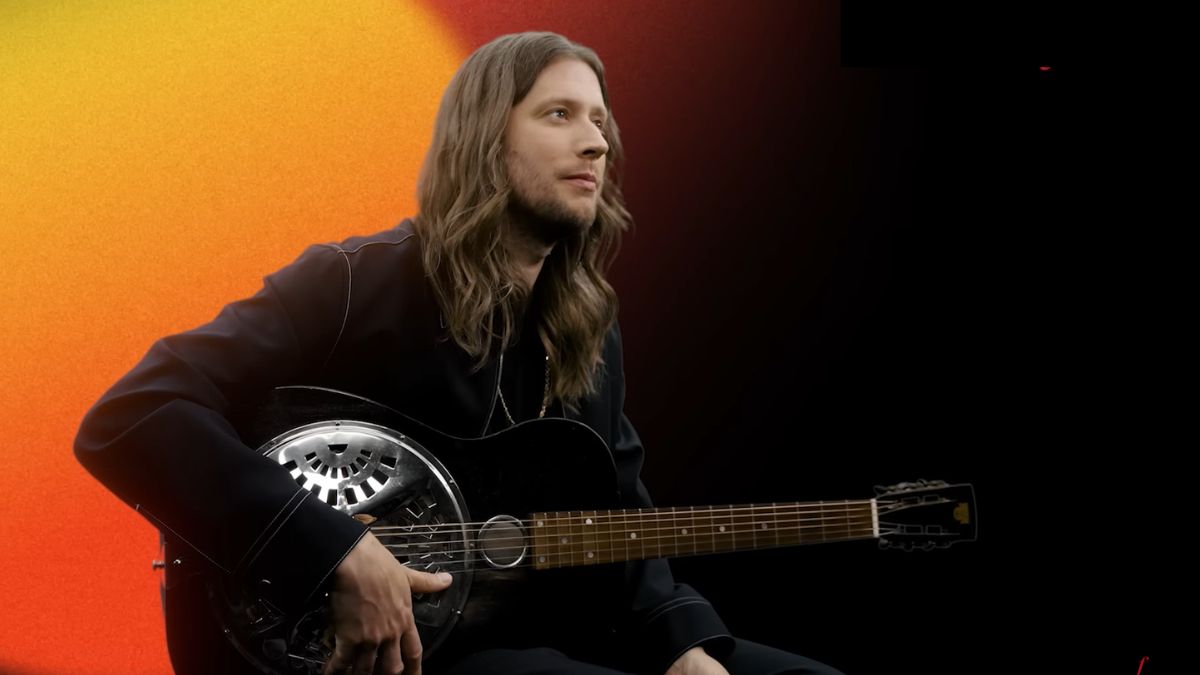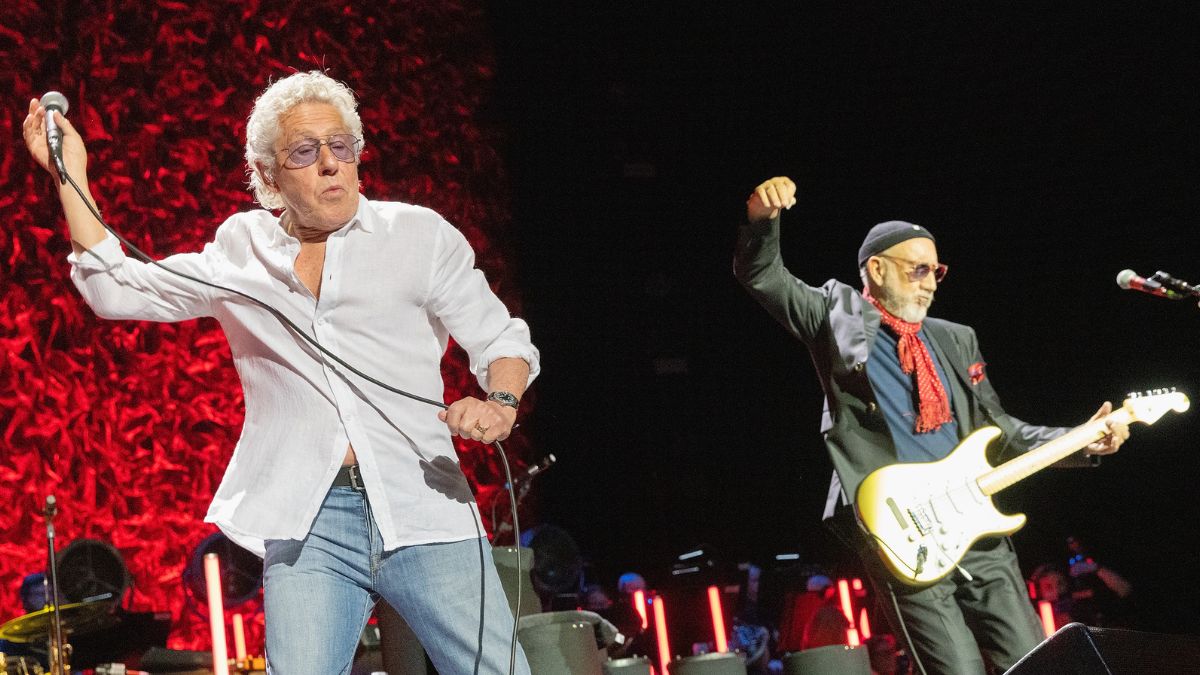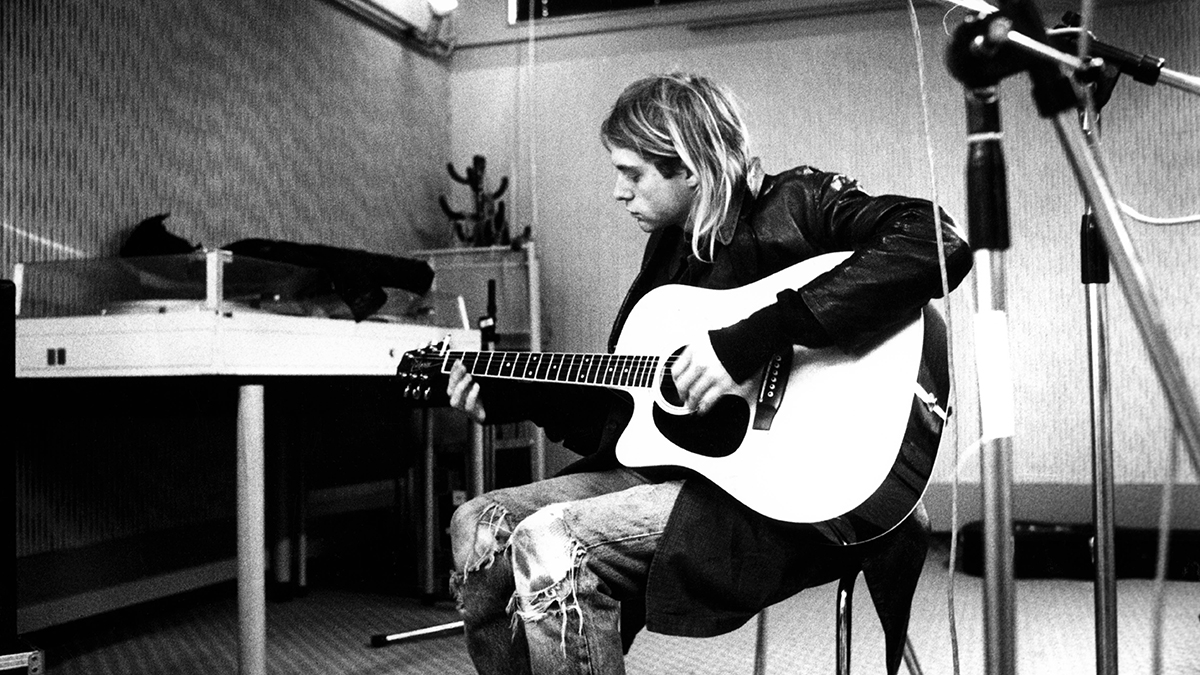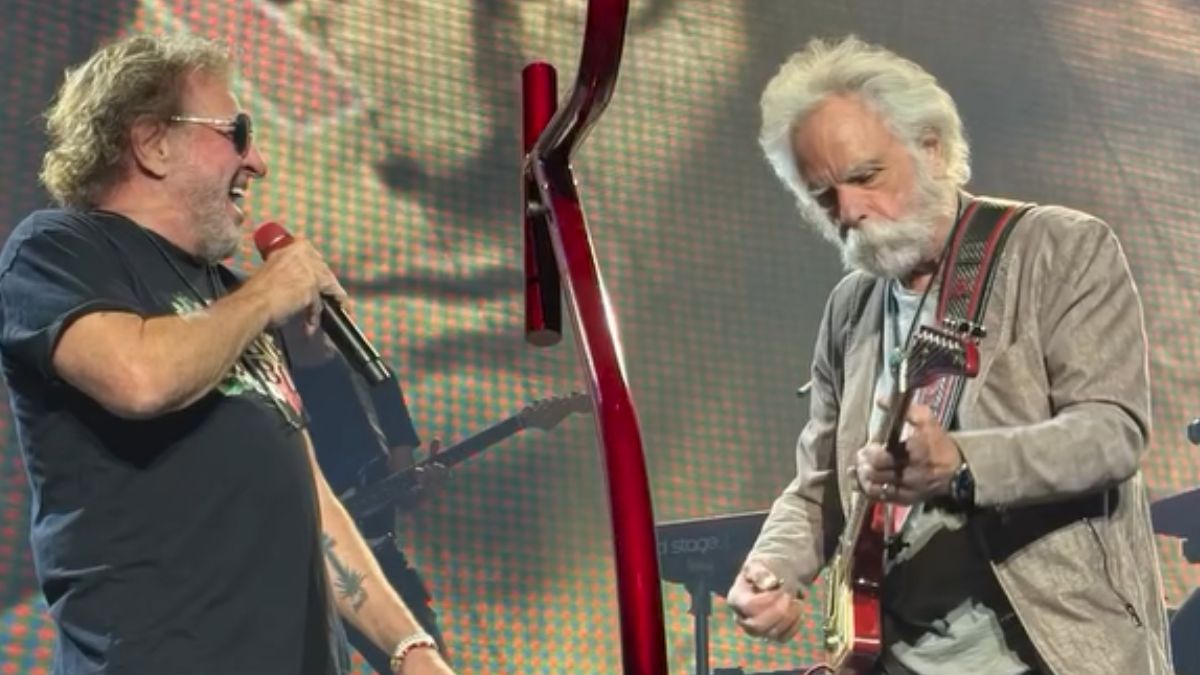Björn Gelotte explains why he turned down a Gibson signature Les Paul
The In Flames maestro was offered the chance to create a high-end Gibson signature guitar, but opted instead to go straight to the ranks of Epiphone
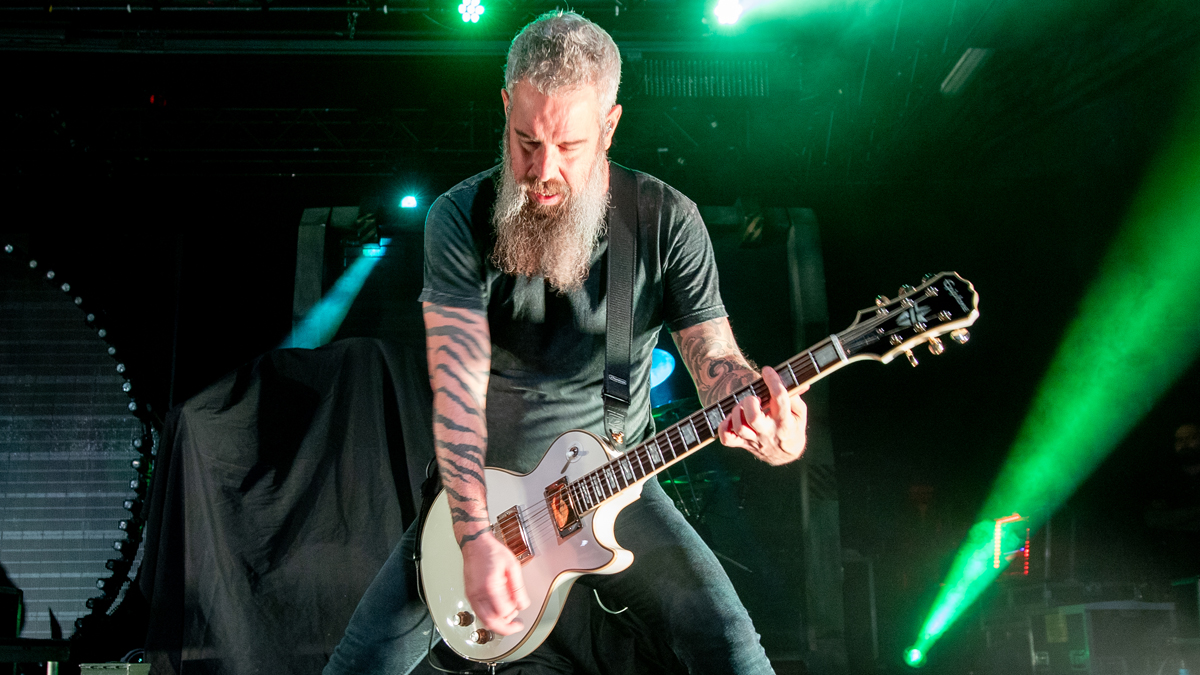
When an electric guitar star is given a signature Gibson, it’s usually – not always, but most of the time – followed by a more affordable Epiphone version, accessible to those whose budget might not stretch to the original Gibson model.
Standout examples include Slash’s Les Pauls and acoustics, which have been reimagined numerous times in multiple Epiphone formats, Joe Bonamassa’s recently released Lazarus Les Paul, Alex Lifeson’s Floyd Rose-equipped LP and Tony Iommi’s “Monkey” SG.
Having said that, it’s not uncommon for artists to have only a Gibson version of their signature guitar – we imagine Dave Mustaine’s ultra-boutique Flying Vs will remain Gibson-only, while Angus Young only ever had Gibson SG signature models.
However, it’s much more rare for artists to only opt for an Epiphone signature guitar – one that skips the Gibson phase and caters to those with smaller budgets.
Björn Gelotte of Swedish heavy metal outfit In Flames is one such example. Recipient of two Epiphone signature Les Pauls over the years – limited-edition Ebony and White versions – Gelotte has been using his Epis on stage ever since their release, with his flagship single-cut taking inspiration from his own, now-retired Gibson Les Paul Custom.
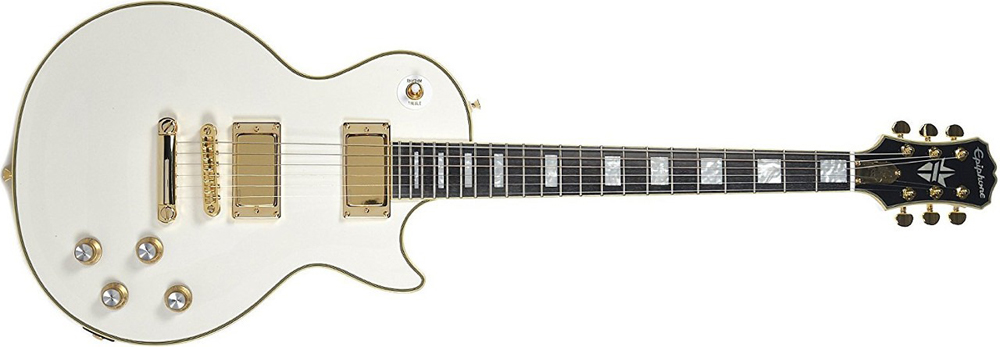
Not only that, he even turned down the opportunity to create a Gibson version of his signature Les Paul.
Speaking to Total Guitar, the In Flames maestro revealed why he turned down Gibson’s offer of a spruced-up signature Les Paul, and said his decision to stick with an Epiphone was largely due to the band’s listener base.
Get The Pick Newsletter
All the latest guitar news, interviews, lessons, reviews, deals and more, direct to your inbox!
“I used my prototype signature Epiphone Les Paul Custom, which I recorded the last few albums with,” Gelotte replied when asked about his main guitar. “It’s one of the first ones they made and such an awesome guitar.
“Before, I had been using my Gibson Custom,” he continued. “I refretted it once and it was time to do it again. I realized it wouldn’t make it much longer.”
“A while back Gibson asked if I wanted to do a signature. I was flattered but it made no real point – most people who listen to our music won’t pay $4,000 for a guitar. I wanted something affordable.
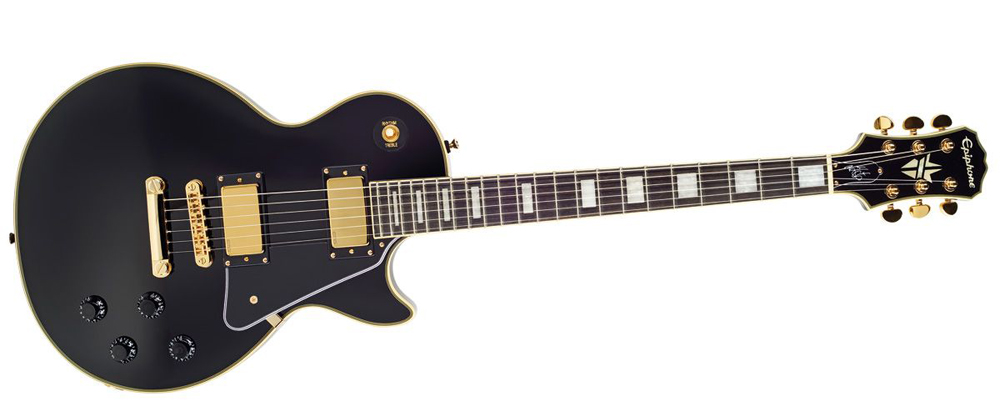
“Epiphone said they could make it happen with a few adjustments. Basically, the coating is not the same and the headstock is different, but everything else is exactly like my Gibson.”
Those minor specs aside, Gelotte’s Epiphone Les Paul is – as per his own words – a solid build in its own right. Featuring the familiar mahogany body and neck construction, Gelotte’s signature features EMG 81 pickups and a premium ebony fingerboard.
Gelotte isn’t the only guitarist to have just an Epiphone signature guitar to their name. Jared James Nichols, for example, has his Epiphone Gold Glory under his belt, while Emily Wolfe was recently honored with a stealthy semi-hollow Epiphone Sheraton signature.
To read the full conversation with Gelotte, head over to Magazines Direct to pick up the latest issue of Total Guitar, which also features the ultimate Brian May interview.

Matt is the GuitarWorld.com News Editor. He has a Masters in the guitar, a degree in history, and has spent the last 16 years playing everything from blues and jazz to indie and pop. When he’s not combining his passion for writing and music during his day job, Matt records for a number of UK-based bands and songwriters as a session musician.
Prince was a master guitarist with a singular musical vision, but he didn't always go it alone on the instrument. These are the oft-overlooked players who joined him onstage, and in the studio
“Tom listened to it and said, ‘It sounds kind of jazzy.’ I went back and changed the chorus, and that’s the version I played for Don”: Mike Campbell on writing The Boys of Summer with Don Henley – after Tom Petty passed on it
